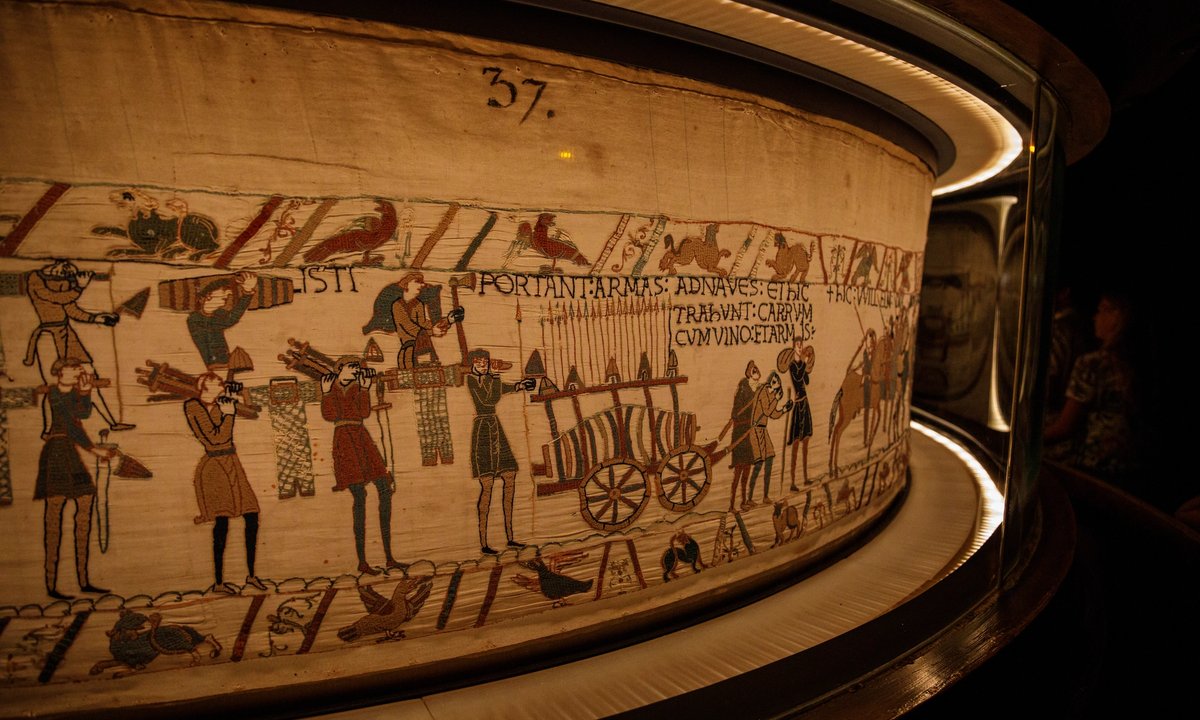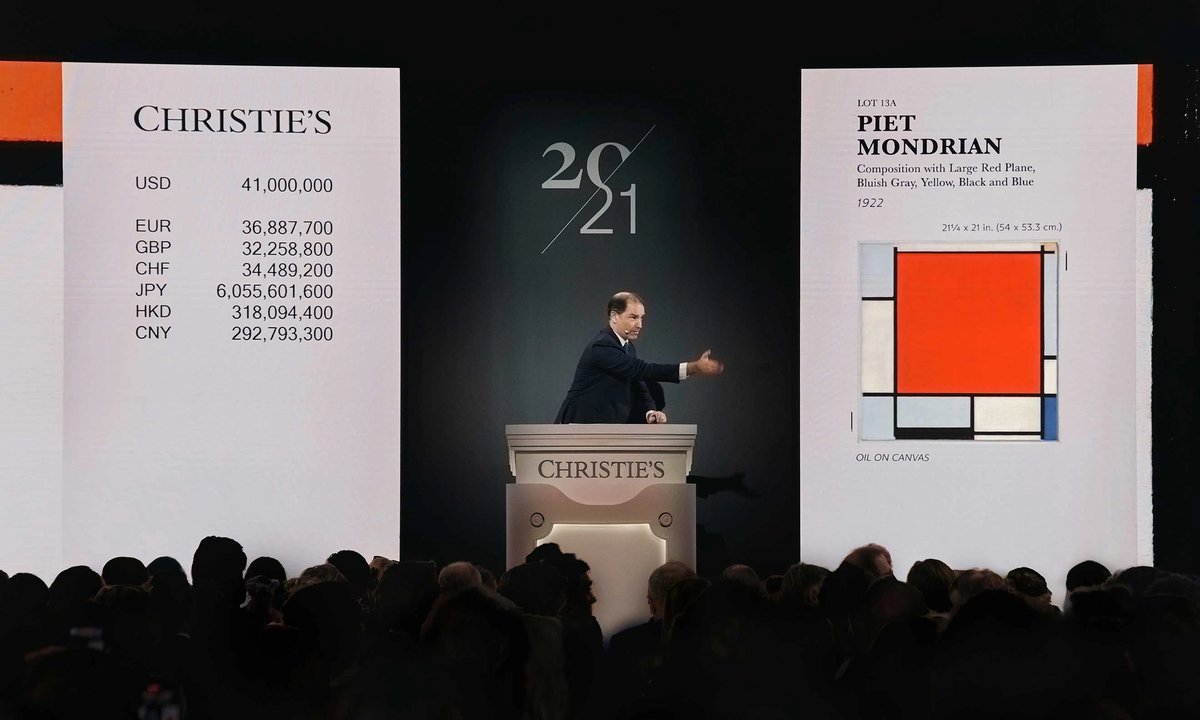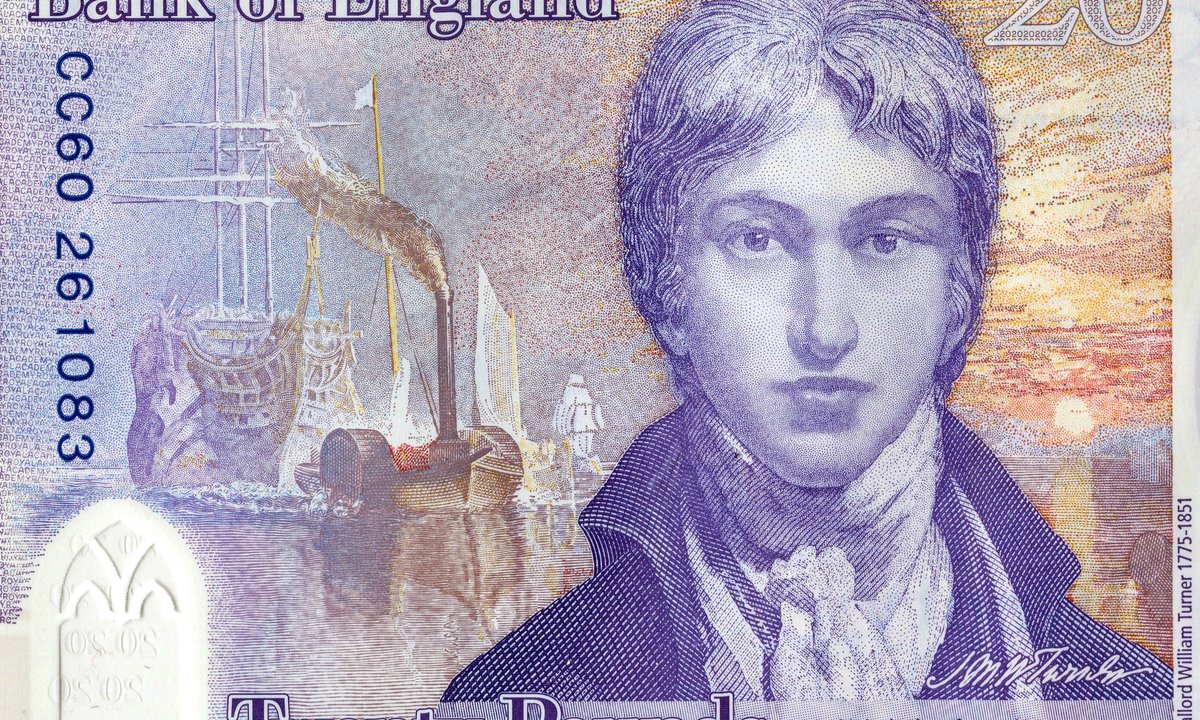The Austrian authorities goals to suggest laws governing the restitution of objects in nationwide museums acquired in a colonial context by March 2024, the tradition secretary, Andrea Mayer, informed a press convention in the present day.
A government-appointed advisory committee led by Jonathan Advantageous, the scientific director of the Weltmuseum in Vienna, known as for a everlasting, “intellectually and culturally numerous” analysis board to submit suggestions on returns of objects acquired within the colonial period to the federal government. The federal government would then determine on the idea of its findings; returns ought to be handled on a “state-to-state foundation,” the committee advisable in its report launched in the present day.
Mayer mentioned Austria goals to introduce an “orderly, constant and complete” course of for dealing with restitution claims. “The rulers of European nations lengthy considered giant components of the world as locations the place they may assist themselves; they merely took artefacts and noticed that as their pure proper,” she mentioned. “Calling out this injustice and following it up with critical debate and concrete actions is Austria’s duty too.”
Advantageous mentioned there’s at the moment no estimate for the variety of objects in Austrian nationwide museums that could possibly be eligible for restitution however that he believes “very many” of the 200,000 objects within the Weltmuseum’s assortment had been taken in a colonial context. The advisory fee outlined objects eligible for return as these whose house owners “didn’t want to half with them on the time they had been collected” – encompassing, as an example, these misplaced “below circumstances of violence, looting, theft, coercion or by misleading means.”
Austria solely briefly engaged in colonialism within the 18th century, when the Habsburg Monarchy established colonies within the Nicobar Islands in addition to components of Mozambique and South East and East Asia. Its makes an attempt to determine colonies in Africa within the 1850s had been unsuccessful. But it surely profited from different nations’ colonial exploits. Austrian people and organisations acquired objects throughout armed conflicts and in scientific and political expeditions, and engaged in commerce and Christian missions in different nations’ colonies.
“Colonial propaganda was bolstered, analysis into ‘race science’ intensified, and colonialist considering and attitudes dominated public opinion,” the advisory committee mentioned in its report. “As one of many successors to the Habsburg monarchy, the Republic of Austria has paid comparatively little consideration to its predecessor’s colonial historical past.” Provenance analysis into Austrian colonial contexts “continues to be in its infancy,” the committee mentioned.
The advisory committee additionally known as for continued help for provenance analysis and everlasting funds to help civil society initiatives geared toward selling consciousness of the legacy of colonialism.





















